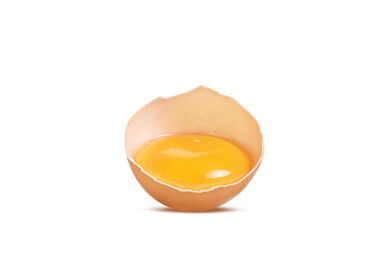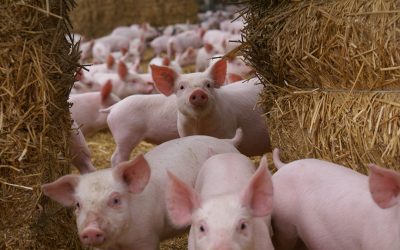EU experts in stalemate on biotech crops

Experts from European Union governments remained divided Wednesday on allowing farmers to grow two new strains of genetically modified corn in the EU, the European Commission said Wednesday.
“The Committee was unable to find a qualified majority either for or against the proposal”, the European Commission said shortly after the meeting of experts.
Among the countries known to have voted in favour of the proposal are Estonia, Finland, Romania, Spain, Sweden and the UK. Germany and Malta are understood to have abstained from voting. The 12 other member states voted against.
Commission to decide
The applications for two GM maize types will now be sent to EU ministers for a decision. If these can’t reach a decision, the Commission has the authority to make a unilateral decision on the plants.
If that happens, the Commission would – probably – end up issuing standard 10-year licences by default. But that may take some time.
Two GM maize types were considered at the meeting — Bt-11 maize, engineered by Switzerland’s Syngenta, and 1507 maize — jointly developed by Pioneer Hi-Bred International, a unit of DuPont Co and Mycogen Seeds, a unit of Dow AgroSciences.
Politicized approach
“Today’s long-awaited vote could have marked a watershed for the current slow and highly-politicized approach to authorising biotech crops in Europe,” Syngenta said in a statement.
"1507 maize has been grown commercially around the world since 2003 without any negative impacts on the environment, food safety or consumer health," Dow said in a statement.
"We regret that Member States failed to cast a deciding vote based on the scientific evidence and common sense," it added.
Environment group Greenpeace said the stalemate reflected the need to tweak the EU’s process for authorising GM crops, something already recommended by environment ministers.
Related websites:
European Union (EU)
Syngenta
Greenpeace











